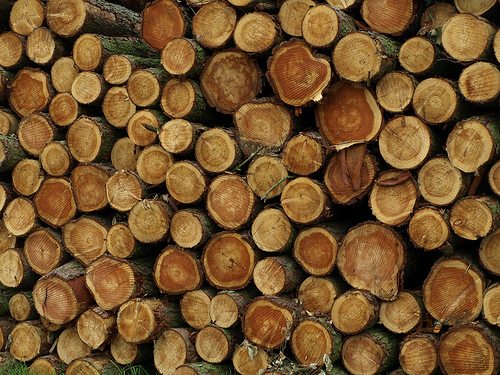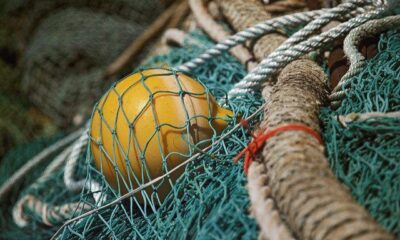

Economy
Oak Furniture Land keeps timber supply chain a mystery #SaveForests
Oak Furniture Land customers cannot be sure of where the wood in the furniture they’re buying is coming from, due to a lack of publicly available information on sustainable sourcing.
Since finding oak from the Russian Far East (an area which experiences high levels of illegal logging) in one of Oak Furniture Land’s products, WWF has been trying to gain evidence from the company on whether the wood for its furniture comes from legal and sustainable sources.
Despite repeated approaches from WWF, direct action from almost 7,500 members of the public and a “zero” score in WWF’s first Timber Scorecard in July 2015, the company has not shown that it has taken any steps towards publishing either a policy on where it sources its timber, or figures that indicate timber is coming from well managed forests.
WWF’s Timber Scorecard has now been reviewed to take account of progress, but Oak Furniture Land still scored ‘zero trees’.
The aim of the Timber Scorecard is to encourage companies to commit to robust sourcing standards that ensure their products do not contribute to deforestation, and improve transparency on the source of their timber. This in turn would help customers choose sustainably, in the same way that labelling on the provenance of eggs and chicken is now commonplace and expected.
The ‘zero trees’ score is given to those companies that are failing to tell customers if their products are made from sustainable timber, and therefore could be at risk of selling products that are contributing to deforestation. Like Oak Furniture Land, another 41 companies also still scored ‘zero trees’, particularly within the furniture, musical instrument and toy retailing sectors.
The furniture sector was highlighted in the original Timber Scorecard report release as performing poorly on its policies on timber sourcing. Since the Scorecard’s release, Debenhams and House of Fraser (which both scored only ‘one tree’) have also not taken any steps to become more transparent.
Julia Young, Manager of WWF’s Global Forest and Trade Network programme in the UK, said “Lack of transparency is unacceptable in an age of ongoing forest loss. How can companies think it is fine to continue like this, telling customers they are responsible and should be trusted, but not sharing any policy or performance information to back it up? It seems Oak Furniture Land, for example, is disregarding timber sustainability, despite relying on timber for their business success. Right now, we don’t know if the wood it uses is sourced from well managed forests or not – and nor do its millions of customers.
“We have tried to engage with the company, and others that use wood in their products, to help them address this, as consumers tell us they expect companies to lead the way on this issue. Oak Furniture Land’s lack of progress is hugely disappointing, and ten others in the furniture sector so far are equally slow to improve. They could follow the lead of Furniture Village or Dunelm, both of whom confirmed the need to do more to demonstrate sourcing policy and performance, and have made progress since the Scorecard was first published”.
WWF’s Timber Scorecard is part of its forest campaign which has successfully galvanised business action on responsible forest trade. The update, issued today, shows that 23 companies have taken action to improve their ranking since July, for example by revisiting their policies on sustainable timber, making them clearer and publicly available, and releasing figures on the proportion of timber sourced from certified sources, for example those with FSC certification.
The WWF-UK’s #SaveForests campaign aims to get UK businesses to pledge to buy timber products from sustainable sources by 2020, and to support a move to a 100 per cent sustainable timber market in the same time frame. It also calls for the European Union Timber Regulation (EUTR) loopholes to be closed by making it apply to such products as books, chairs, musical instruments and toys, currently not included in the regulations. This means they can be imported and sold legally in the EU even if they are not shown to be made from legally logged wood.
The campaign is designed to show that businesses can be part of the solution rather than part of the problems facing our global forests today, by publishing clear policies and stating how well they are doing in sustainable sourcing.


 Environment12 months ago
Environment12 months agoAre Polymer Banknotes: an Eco-Friendly Trend or a Groundswell?

 Features11 months ago
Features11 months agoEco-Friendly Cryptocurrencies: Sustainable Investment Choices

 Features12 months ago
Features12 months agoEco-Friendly Crypto Traders Must Find the Right Exchange

 Energy11 months ago
Energy11 months agoThe Growing Role of Solar Panels in Ireland’s Energy Future





























